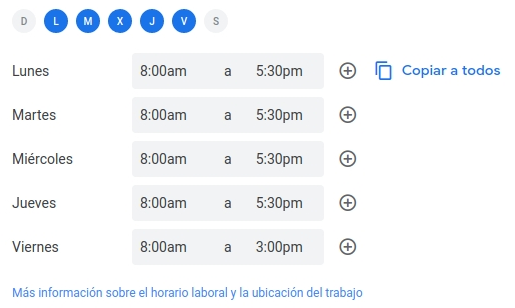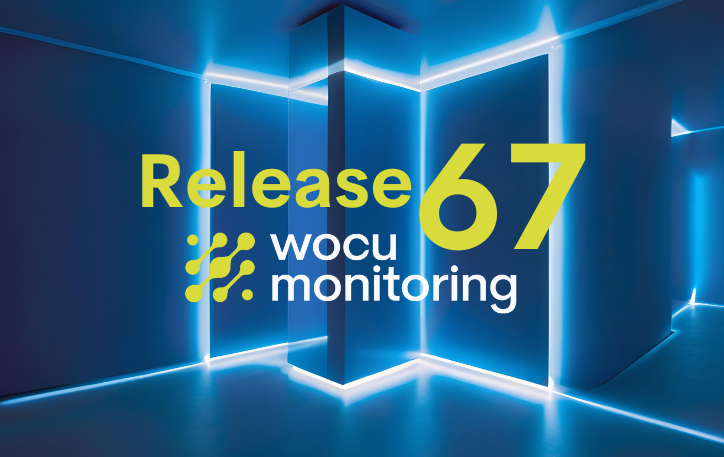Conducting Fruitful and Agile Online Meetings: How to Achieve It?
Online meetings have become a common practice in the working world. Moreover, with the widespread adoption of telecommuting in many companies, they are the default communication option for many organizations. Establishing certain rules of conduct can help maximize the efficiency and performance of work teams.

1. Be Punctual
Being punctual at the start of a meeting is obvious, but the punctuality in its closure is not often emphasized. It is important to strictly adhere to the scheduled time to avoid overlapping meetings.
2. Wait for Confirmation from Attendees
Everyone can create events after reviewing the availability in the attendees’ calendars. However, these events should be considered tentative until confirmation from the attendees is received. Therefore, it is important to accept or reject invitations as soon as possible to find alternatives in case of scheduling conflicts. Guests who are not required to attend a meeting should be configured as optional guests and should not be considered in the confirmation process.
3. Keep Meetings Short
Schedule the shortest possible time to achieve the objectives set for the meeting. The less time needed to address a specific topic, the more efficient our performance will be. After all, time is money.
4. Allow Space Between Meetings
It is important to always leave a gap between meetings to take notes on the just-concluded meeting, prepare for the next event, or simply refill your coffee cup or stretch your legs. Chaining multiple meetings without breaks is the best way to ensure they are unproductive.
5. Provide a Detailed Title and Description of the Event
The context in which a meeting takes place is very important, especially if external personnel is involved. A meeting where a guest only knows the title is suboptimal for everyone; therefore, events should include at least a detailed description of what will be discussed.
6. Prepare for Meetings in Advance
Meetings are more efficient when prepared in advance. It is advisable to attach any necessary presentations so that attendees can review the content. If prior study is required, the organizer should express this in the event. It is important to maximize asynchronous work; reading a presentation or documentation aloud is a waste of time when attendees could have done it in advance.
7. Take Notes and Define Tasks
A meeting without conclusions is a meeting that will be forgotten over time and therefore will not be useful. Google Calendar allows you to attach a document to the event to take collaborative notes among event attendees. It is important to obtain conclusions and tasks for each of the attendees once the meeting is over, so that follow-up can be done later.
8. Schedule Events in Advance
Events should be scheduled well in advance, especially considering the premise of preparing them adequately. It is advisable to ask before creating events less than 24 hours in advance.
9. Turn on the Camera
If connectivity and physical circumstances permit, turning on the camera improves communication due to the added value of body language. However, this should not become mandatory, as preserving privacy in certain situations is also important.
10. Enable Notifications
Being notified of the immediacy of a meeting is essential. It is advisable to enable notifications in your calendar manager.
11. Avoid Meetings on Fridays
Fridays are shorter and more condensed workdays; accumulating meetings leads to unproductive days and stressful situations due to not finding time to finish our own tasks. Time zone differences between countries also make this less desirable. Unless it is a daily check-in meeting, if it can wait until Monday, it’s better to postpone it.
12. Your Calendar is Your Responsibility
Organizing your schedule is your responsibility. Configure your hours, mark days out of the office, doctor’s appointments, establish your working hours, time blocks when you should not be disturbed, etc. This minimizes unexpected conflicts between schedules.

Let’s move away from the conventional by creating stimulating, productive, and flexible environments that contribute to our daily performance and productivity.




